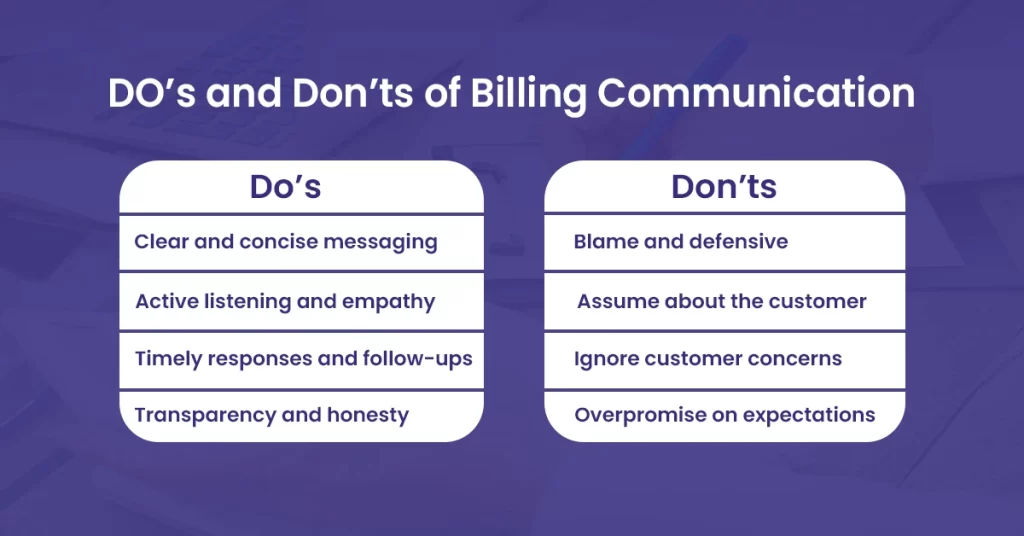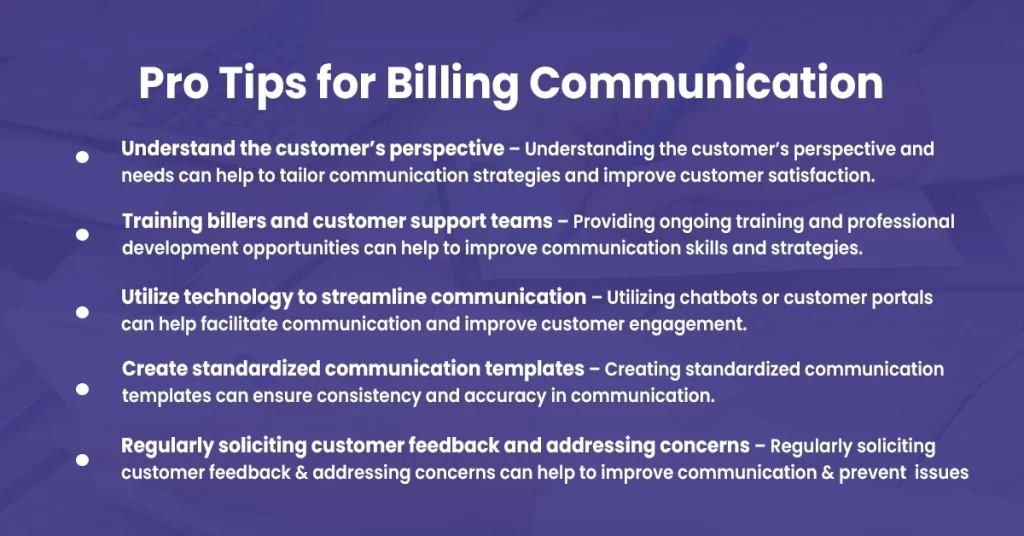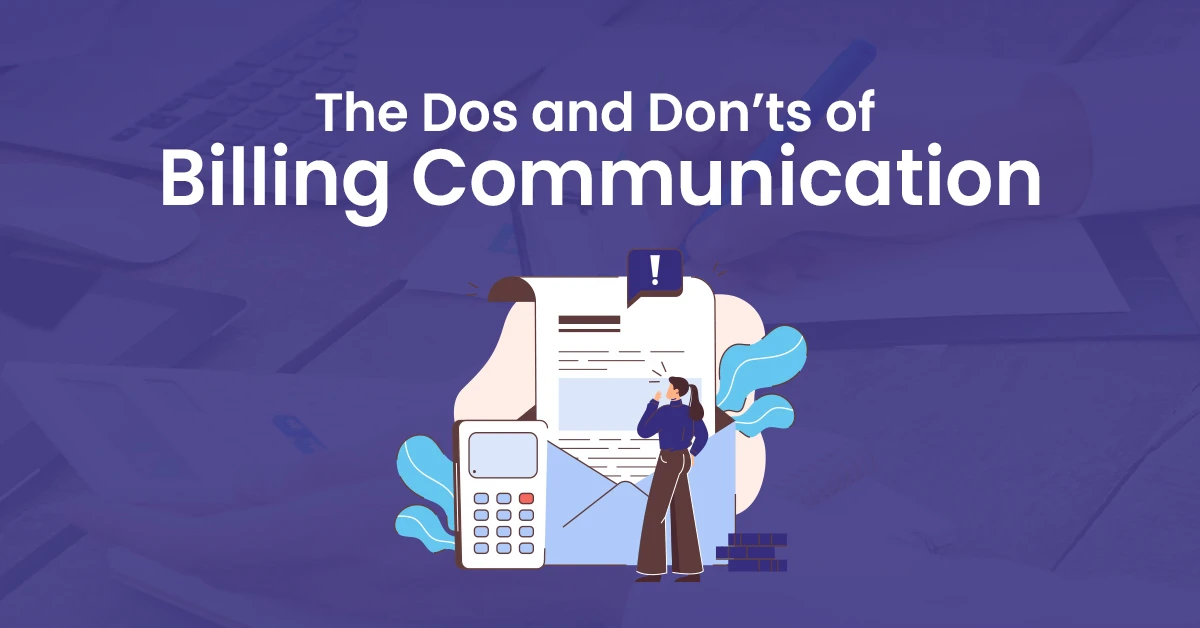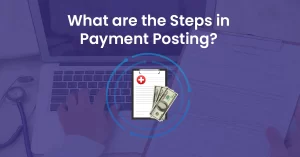Medical billing is a crucial aspect of healthcare operations, but it can often be a source of confusion and frustration for patients. Effective communication between medical billers, customer support teams, and patients is essential to ensure positive customer experiences and prevent misunderstandings. This guide will discuss the dos and don’ts of billing communication for medical billers and customer support teams. We will provide tips for effective communication.

Dos of Billing Communication
Ensure Clear and concise messaging.
Clear and concise messaging is essential for conveying clear message to the patient. It can help them understand their medical bills and avoid confusion. The communication must b clear, short, and meaningful.
Show empathy and active listening.
Showing empathy to the patients can build a strong relationship between the support team and patients. This helps resolve bills and other patient concerns with mutual understanding and cooperation. Actively listening to customers and showing compassion for their problems can go a long way in building customer loyalty.
Timely responses and follow-ups
Businesses need to ensure timely responses and follow-ups. It can help to improve customer satisfaction and prevent further confusion or frustration.
Transparency and honesty
Being transparent and honest with customers can help to build trust and prevent misunderstandings. Using simple language and avoiding medical terminology can help to make medical bills more accessible and understandable for customers.
Don’ts of Billing Communication
Don’t blame and defensiveness
Blaming the customer or becoming defensive can escalate conflicts and damage customer relationships. Instead, taking ownership of the issue and working collaboratively with the customer to find a solution can help resolve disputes and improve customer satisfaction.
Use of negative language and tone – Using negative language and tone can create a hostile environment and further frustrate customers. Instead, using positive language and maintaining a professional style can help to create a more positive and productive communication experience.
Don’t assume about the customer
Making assumptions or generalizations about the customer can lead to misunderstandings and further complicate communication. Instead, asking clarifying questions and understanding the customer’s unique situation can help improve communication and prevent misunderstandings.
Don’t ignore customer concerns or questions
Ignoring customer concerns or questions can undermine customer trust and further exacerbate conflicts. Instead, addressing customer concerns directly can help improve customer satisfaction and prevent further issues.
Don’t overpromise or underdeliver on expectations
Overpromising and underdelivering on expectations can damage customer trust and relationships. Instead, setting realistic expectations and following through on commitments can help to build trust and improve customer satisfaction.
Pro Tips for Billing Communication
Understand the customer’s perspective
Understanding the customer’s perspective and needs can help to tailor communication strategies and improve customer satisfaction.
Training billers and customer support teams
Providing ongoing training and professional development opportunities can help to improve communication skills and strategies.
Utilize technology to streamline communication
Utilizing chatbots or customer portals can help facilitate communication and improve customer engagement.
Create standardized communication templates
Creating standardized communication templates can ensure consistency and accuracy in communication.
Regularly soliciting customer feedback and addressing concerns
Regularly soliciting customer feedback and addressing concerns can help to improve communication and prevent future issues.

Conclusion
Effective communication is crucial for the success of medical billing and customer support teams. By implementing best practices and prioritizing clear and empathetic communication, healthcare organizations can improve customer satisfaction and loyalty and have financial benefits. With 77% of patients wanting more communication from their healthcare providers, medical billers and customer support teams need to meet this demand and build customer trust. By doing so, they can contribute to the success of their organization and improve the overall healthcare experience for patients.





